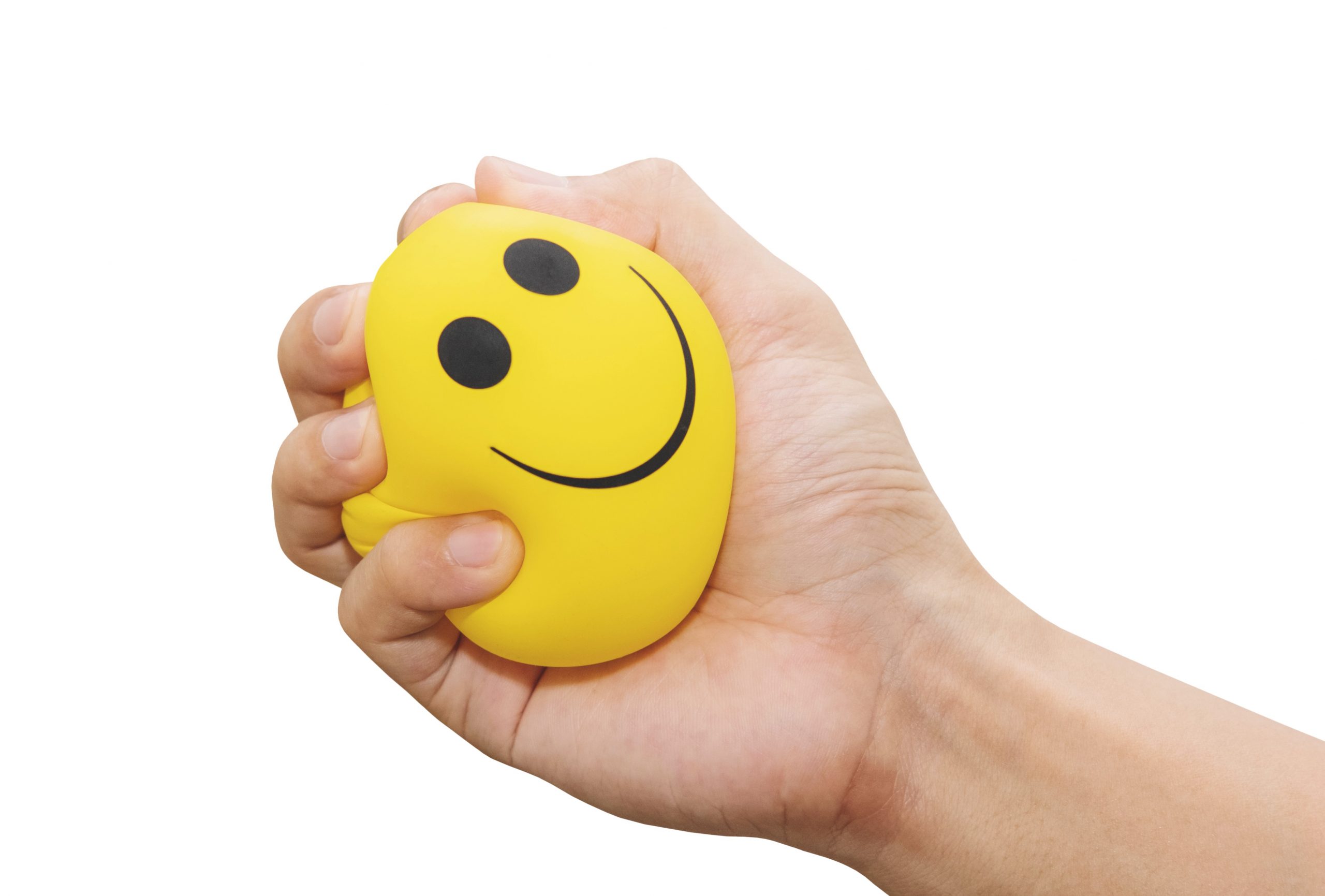
Is happiness genetic? Or can it be coached?
You must have been hiding under a rock to have not noticed that our ‘normal’ way of life has shifted a lot, very quickly. For a lot of people, the basics of freedom of movement and association have been severely restricted, and they’re dealing with massive stress associated with business failure or job loss.
What you may not have noticed are the extreme differences in the reactions to this change. I have been highly attuned to these extremes, even within my own household. Personally, I’ve used this opportunity (yes, opportunity) to really focus on the high priority items I can control. It’s also given me the chance to think creatively about how I can interact with my young son, my clients, and my friends. My fitness has also had a stroke of creativity, and pushing a car formed part of my cardio a few days ago. I’m busy, engaged and while my routines aren’t fully in place, I have faith they will be. Like all changes there is a period of bumpiness at the beginning and that is part of the learning journey for me. I know I’ll come through this period not just surviving but thriving.
On the other hand, I’m listening to and coaching people saying that they’re bored, putting on weight, can’t achieve anything, don’t know what to do with the kids because “insert negative reasons”. My summary of these perspectives is that they all focus on things they can’t do or things they don’t have.
Don’t get me wrong, I’m not a naïve Pollyanna and I don’t pretend this isn’t an horrific situation for a lot of people and families. What would it mean for people if they flipped that very stressful and energy consuming narrative to focus on what they do have and what they can do?
This question got me thinking about one of the models we teach and coach at Steople around fixed vs growth mindset. I also started to think about happiness and wondered if a link existed? If we can coach a growth mindset can we also coach happiness, or is this genetic?
People with a growth mindset consistently seek out challenges, learning opportunities and see feedback as a chance for development. Those with fixed mindsets believe their ability is predetermined, give up when they’re frustrated, avoid being challenged and use the word ‘can’t’ a lot. Like a growth mindset, happiness tends to come from a long-term commitment to engagement, meaning, achievement, relationships, and vitality. Happiness also gives us a lovely boost of ‘feel good’ hormones, and like a growth mindset is associated with lower levels of the stress hormone cortisol.
But can we learn to be happier? Twin studies certainly suggest that the answer is yes. Happiness is attributable in large part to non-genetic factors. Our happiness ‘set point’ is therefore variable and we can develop the skills to impact this point in either direction. This ability isn’t age dependent, our brains are always developing and forming new connections, so it is never too soon to start developing that happiness muscle.
You can’t control Covid-19. But you can start to control your emotional response to it.
This is the ideal time to start lifting your happiness set point. Start by being the change you want to see. Practice happy thoughts, start a gratitude wall or journal, connect with your family and friends, get outside for a walk, take notice of the simple beauty in life, try some meditation. All these things are possible even in the currently restricted environment. We also know from the research that these practices are key to our wellbeing. Check out Wellbeing in the Time of COVID-19 if you’re interested to learn more about wellbeing in the current environment.
If you’re not sure where to start, contact Steople for support and guidance. We have experienced coaches who are still working and here to help you challenge some of those embedded thought patterns and replace them with more helpful ways of being.

